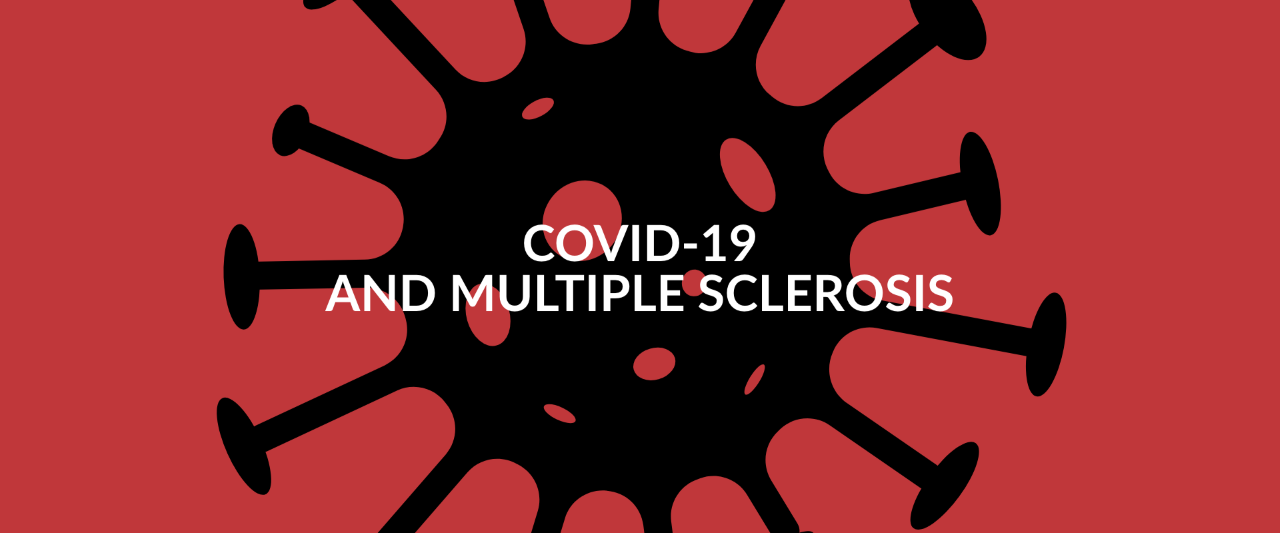The Italian Alliance Covid-19 in MS

The COVID-19 pandemic taught us even more that today's research is the cure we can give tomorrow to people with MS and ensure a better quality of life for people with MS today.
Italian research focus on the impact of COVID-19 infection on people with MS must be continuously supported̀: lack of funds for a short period can frustrate efforts and prevent important discoveries.
The Italian Multiple Sclerosis Association (AISM), with its Foundation (FISM), the Italian MS Registry (Coordinated by FISM and University of Bari), the Italian Society of Neurology (SIN- with the Multiple Sclerosis Study Group brings together the network of multiple sclerosis clinical centers operating in the National Health System), and the Italian Association of NeuroImmunology (AINI) have signed an Alliance to promote a research agenda to study the impact of COVID-19 infection in people with MS (The Italian Alliance con Covid-19 in MS) and, in particular, the relationship between COVID-19 and DMTs and COVID-19 and vaccinations
The first part of this agenda has already started and is collecting epidemiological data to assess the impact of Covid-19 infection in people with MS treated with disease-modifying therapies, and with vaccines. Thanks to the already conducted studies, it has been possible to create, for example, the Recommendations on Covid-19 - progressively updated - which allowed people with MS and neurologists to implement the best treatment strategy and not to stop fundamental therapies to control the course of multiple sclerosis.
Today, it is urgent to invest in research to understand how therapies affect SARS-CoV-2 infection in people with multiple sclerosis and how SARS-CoV-2 itself will affect multiple sclerosis.
Strategic priorities of the Italian Alliance Covid-19 in MS
• Describe patient characteristics, clinical course and outcomes of COVID-19 in people with MS
• Investigate any potential risk factors (including demographics, clinical factors, comorbidities, DMT treatment history) for COVID-19 in people with MS
• Compare COVID-19 disease course and assessing the immune system in people with multiple sclerosis, in treated with DMT versus untreated patients.
• Characterize the cellular immune response to natural SARS-CoV-2 infection in people with MS treated with DMT or not
• Characterize pandemic impact on MS natural history
All interested parties were invited to contribute in every possible way, through their own registers, implementing the scientific design, contributing to the analysis and dissemination of data and giving financial support.
During the 2021 World MS Day and the 2021 National Multiple Sclerosis Week, AISM, through its Foundation, announced, a 2-million-euro special call to support research on COVID-19 in MS as quickly as possible.

Special projects already supported
• Multiple Sclerosis and COVID-19 (MuSC-19)
Specific web-based platform collecting clinical data and patient-reported data, which allows to study the epidemiological aspects of COVID-19 infection and to detect useful information for decisions on quality of life and treatments for people with MS based on scientific evidence. From the end of March 2020 to date, the data have been disseminated in international scientific publications.
• Patient characteristics, clinical course and outcomes of COVID-19 in patients with multiple sclerosis treated with ocrelizumab:
The aim of the project is to describe the characteristics, clinical course and outcomes of COVID-19 in people with multiple sclerosis treated with ocrelizumab.
• FRAGile Multiple sclerosis patieNTS and COVID-19 infection (FRAGMENTS).
Multicenter study that aims to evaluate in people with MS association data between serology (IgG and IgM) and COVID-19 infection, MS treatments and clinical outcome of the infection. This study will help evaluate the impacts of immunosuppressive treatments for MS and plan interventions.
• Anti-SARS-CoV-2 antibodies and cellular immune responses in patients with multiple sclerosis treated with ocrelizumab.
The aim of this project is to characterize the immunological impact of COVID-19 in persons with MS treated with ocrelizumab (OCR).
• CovaxiMS (A prospective study for the evaluation of immunogenicity of anti-SARS-CoV-2 vaccines in patients with Multiple Sclerosis).
The purpose of this study is to verify the level of antibody growth induced by the vaccine in subjects with MS, to understand the possible role of the different therapeutic treatments currently available in relation to vaccination coverage. Specifically, the study will allow us to better understand if there are optimization strategies in the timing of vaccine administration in relation to MS therapy.
